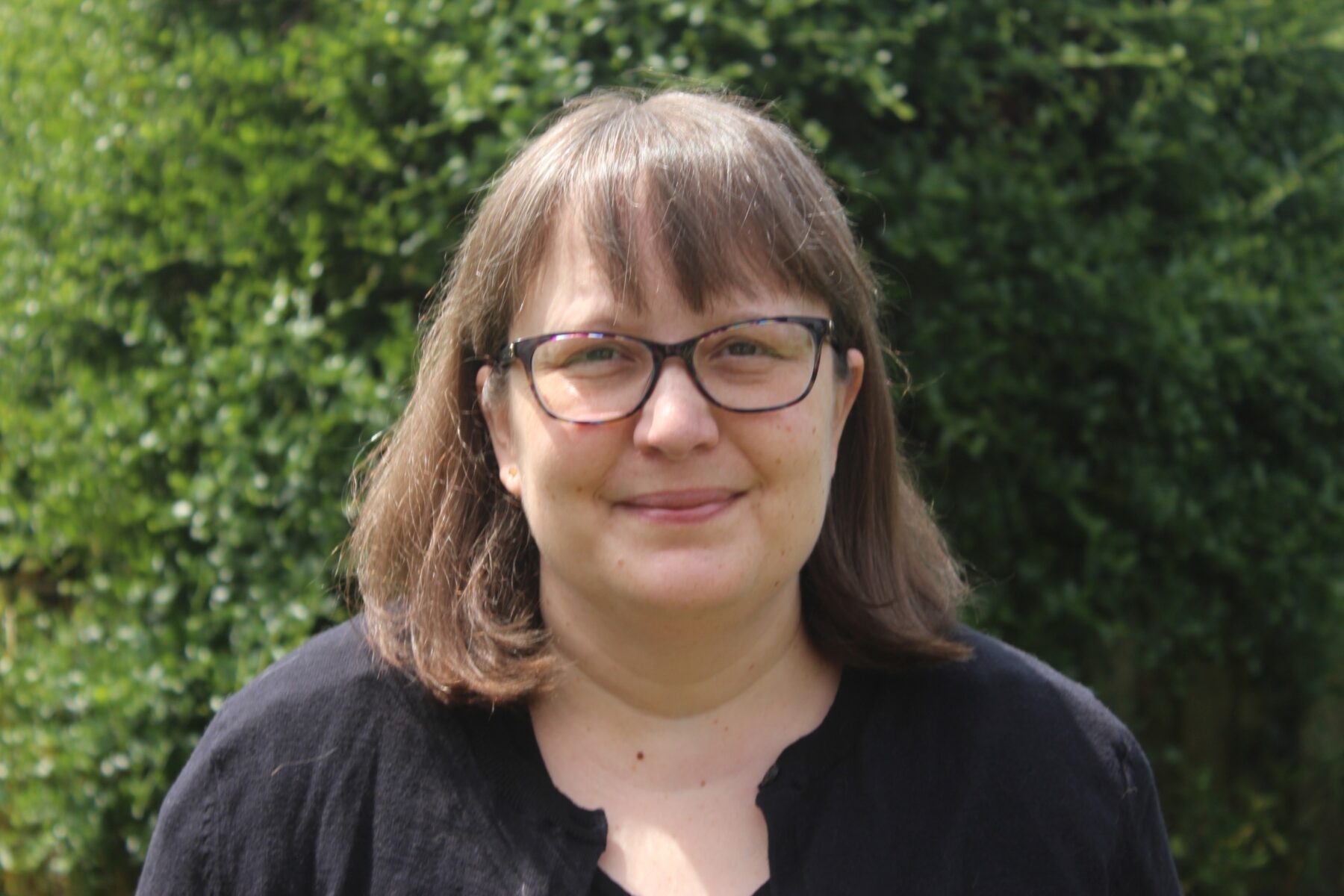Professor Bethan Evans was conferred to the Fellowship of the Academy in spring 2025. She is Professor of Human Geography and Co-Director of the interdisciplinary Centre for Health, Arts, Society and Environment (CHASE) at the University of Liverpool. She is a strong advocate for the creation of more inclusive spaces and institutions.

Professor Bethan EvansFAcSS
Bethan’s work has contributed to the development of critical geographical and social science research on embodiment, in relation to fatness, health, and, most recently, energy limiting conditions. Her work applies critical social science methods and theory to understanding the operation of power over particular bodies in contexts including public health policy, school health education, urban planning, geographic scholarship, commercial air travel, community wellbeing initiatives, health and social care, and academic workplaces.
Conceptually, Bethan’s work draws on and advances feminist, poststructural, and crip theory and much of Bethan’s research has been in collaboration with a wide range of stakeholders including those outside of academic institutions such as activists, artists and other organisations. Bethan’s research has attracted funding from the Arts and Humanities Research Council (AHRC), Economic and Social Research Council (ESRC), British Academy, Wellcome Trust, and the Independent Social Research Foundation (ISRF).
An advocate for interdisciplinary research, Bethan’s work spans human geography, fat studies, medical humanities, disability studies and the broader social sciences. Bethan is a founding member of the Northern Network for Medical Humanities Research and is also deputy director of the ESRC North West Social Science Doctoral Training Partnership (NWSSDTP).
Why do the social sciences matter?
The social sciences are vital to understanding and addressing the global challenges that the world faces today. The physical, biological, environmental and medical sciences provide crucial information about how natural systems operate, but if we are to address global challenges we also need to understand how people experience, communicate and act in relation with the natural world, and how social relations inform and inflect the production of knowledge across all fields of research. These are questions that are fundamental to the work that social scientists do, whether working independently or in interdisciplinary teams with scholars in the sciences, arts and humanities.
What do you enjoy most about your work?
I’m driven by a concern with the many ways in which institutional spaces, policies and practices produce and reinforce ideas about acceptable and unacceptable forms of embodiment, and a desire to find ways to create more inclusive spaces. As a largely qualitative researcher, taking the time to listen to and understand people’s experiences is important to me, along with seeking ways to ensure these are heard by those in positions of power. I consider myself incredibly privileged to have been able to do research in collaboration with colleagues both within and outside of academia, from whom I have learned so much.
What is the most urgent issue social scientists need to tackle today and within the next three years?
It’s difficult to pick just one as we face many challenges (climate change, population displacement, injustice, conflict, food shortages, mis/disinformation, illness and inequality, amongst others) that are fundamentally interconnected. At the present, I’d suggest that social scientists need to urgently work to understand and tackle growing injustice and the erosion of fundamental human rights for so many different groups in so many global contexts, including here in the UK.
What does being a Fellow of the Academy of Social Sciences mean to you?
It’s an honour to be elected a Fellow of the Academy of Social Sciences. My research has always been carried out in collaboration with colleagues, without whom it wouldn’t have been possible to do the work I have done. I consider myself an advocate for social science in the interdisciplinary teams within which I work, and I look forward to working with the Academy of Social Sciences to further promote the importance of social science research.